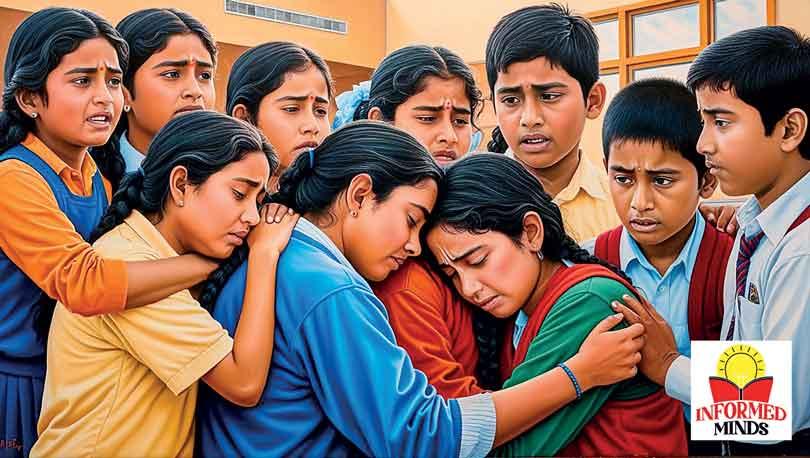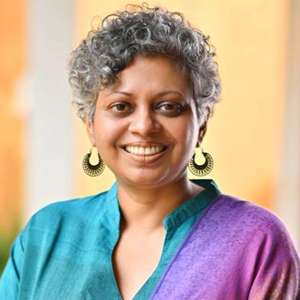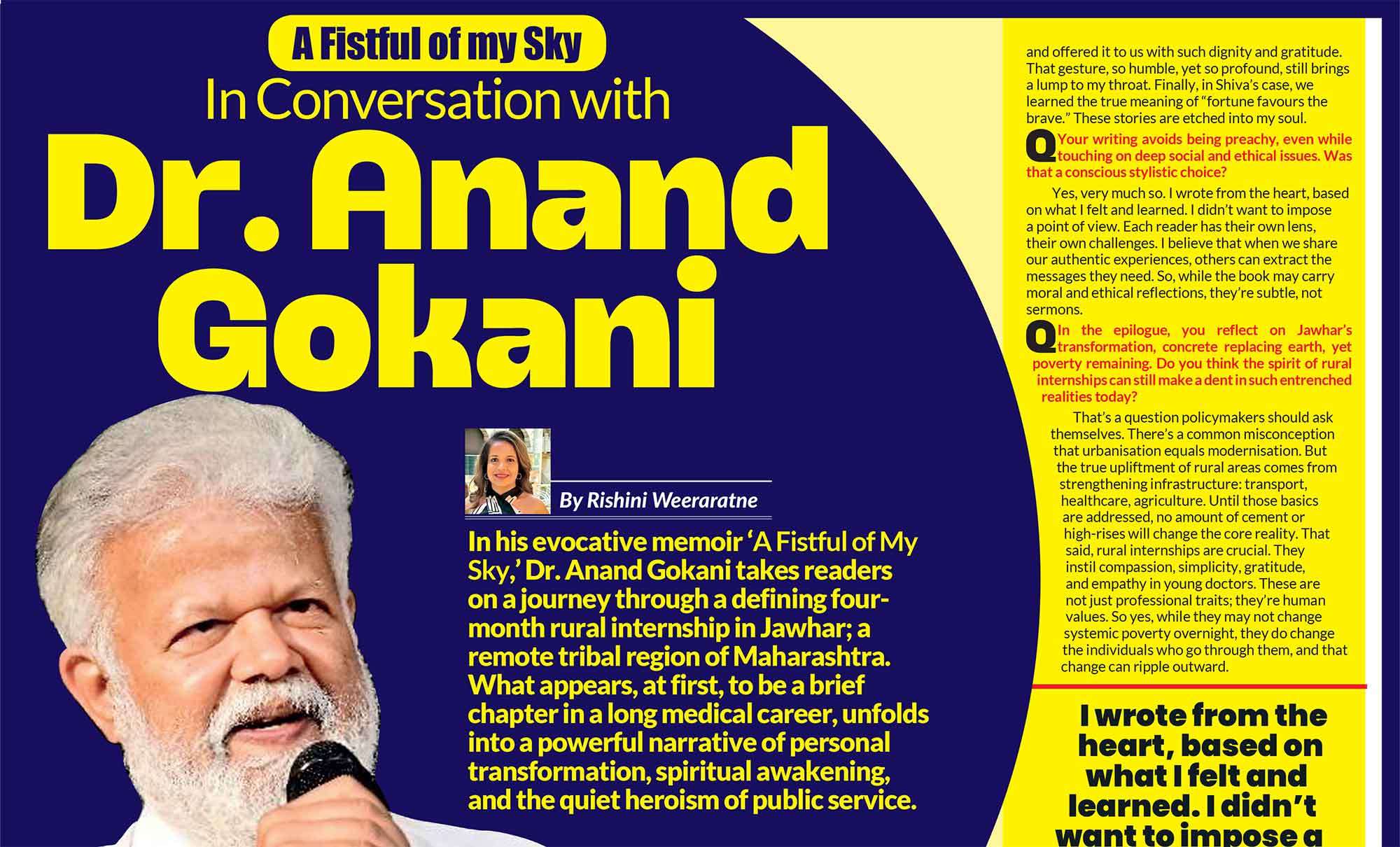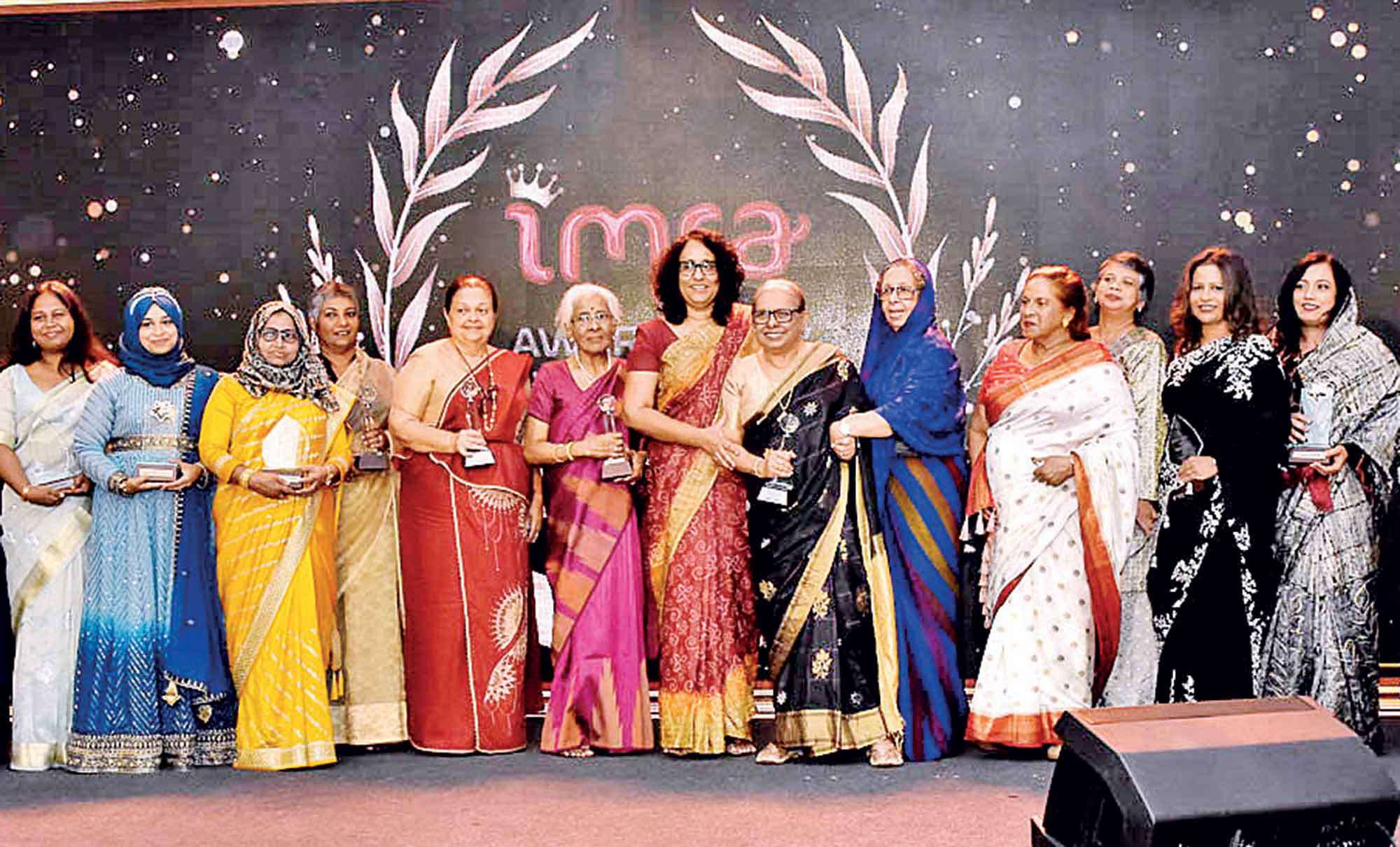
Education is far more than the pursuit of grades. It is about preparing students for life itself, with its joys and challenges, and sadly, the unavoidable reality of the life cycle: birth, aging, and death. But while it is at the heart of our own existence, education about the life cycle and what it entails is often relegated to the periphery of the school curriculum. Shouldn’t schools instruct students about the facts of biology as well as how to cope with bereavement and become resilient?
Life's Challenges: When Loss Arrives During Crisis
Children commonly face loss amidst other difficult circumstances. In other words, “it never rains, it pours”. If a member of the family dies when the family is impoverished or under distress, the impact is doubled, and children may feel helpless or powerless. The psychological impact of loss becomes even more burdening. How do we ready children to survive when it all seems to be falling apart around them? That is where life cycle learning and emotional preparedness are essential. We may pray for fortitude in times of such crises, but the fortitude is not provided gratis. It is a temperament that we have to find in ourselves when faced with seemingly unbridgeable obstacles. Schools can instruct children that even though it might not always be possible to control what occurs outside, we can control our resilience and strength. We are never provided with that which we cannot handle. This is a rule that can be liberating for children to learn. It allows them to understand that even if things get difficult, they possess the tools to cope and rise above challenges. This is not innate, but it can be learned through schooling, counselling, and emotional guidance.
When children are young, they tend to perceive life as being eternal, and death as a thing that only happens to very old people and as something distant from their own lives. Life is not always as reliable as they might think, and children can lose a parent or loved one at any time. How then do we prepare our children for this occurrence?
Beyond Traditional Education
Schools need to focus on more than intellectual development; they need to focus on emotional and social education as well. Just as children learn to cope with school stress or make responsible decisions, they must learn to cope with tough emotions, like sadness. A student could be a history buff or scientist, but if he or she is not taught how to cope with loss, how to read the human emotional landscape, and how to be a resilient, adaptable person, then they are not prepared for the curveballs that life will inevitably throw at them. Life cycle education could include learning about loss, the cycle of life, and the importance of valuing the time we have with those we care about. Thereby, students can know how to deal with death and irreversible changes. They can also acquire the ability to confront the problem with less fear and more knowledge. By promoting these lessons, schools are able to equip students with the knowledge to succeed in life no matter what is heaped against them.
How do we ready children to survive when it all seems to be falling apart around them? That is where life cycle learning and emotional preparedness are essential
Understanding Death Through Education
When a child experiences the loss of someone that they have been close to, it is often overwhelming. Children become terrified, and don’t usually know how to deal with their feelings. It is difficult for them to grasp the idea of death and reconcile that with their generally vivid view of the world. If educating children about the life cycle is part of the school curricula, children will be able to learn about such feelings in a more realistic sense before they endure a personal loss. Death, after all, is not just a scientific reality, but an emotional and psychological experience that profoundly impacts those left behind. Thus, giving children the words and framework to understand grief, loss, and the impermanence of life can help prepare them for these realities.
The Role of Funerals and Exposure to Grief
One important aspect that is typically kept secret from children is the procedure of funerals. Families inevitably keep young children away from the brutal realities of loss, assuming they will be protected from sorrow and its associated emotional battles. But avoiding it only delays unavoidable exposure to the realities of life. Aren't children better introduced to the idea of death sooner, in a controlled and age-appropriate manner? As parents, we naturally wish to protect our children from grief of any form. But keeping them away from funerals and memorials, rather than minimising grief, creates emotional uncertainty and merely delays the grieving process. Taking them to a funeral on the other hand may make children understand that death is an inevitable natural part of life and prepare them better to cope with the emotions that loss brings. It can also teach them the importance of saying goodbye, honouring the deceased, and being there for the family of the departed member. Life is not a fairy tale, and exposing children to the challenges of life will help build resilience and increased awareness of the world.
Equipping Children for Life: A Call to Action for Parents and Society!
In order to allow children to become emotionally intelligent, resilient, and empathetic adults, they must learn about the process of the life cycle that defines all existence and how to cope with the inevitable losses that come with them. Adding life cycle education to school curricula is not to impart a gloomy, depressing climate but to give children the tools to cope with life's greatest challenges. Through reflective, age-appropriate learning, children can be instructed to view death, while tragic, as a natural part of life. Once they are taught this and become emotionally strong, children can grow into adults who not only embrace their own mortality with dignity but also comfort and support others in their hour of need. Education, after all, must transcend academic success and prepare children for life itself.
Do not go gentle into that good night, Old age should burn and rave at close of day; Rage,
rage against the dying of the light. -Dylan Thomas-











